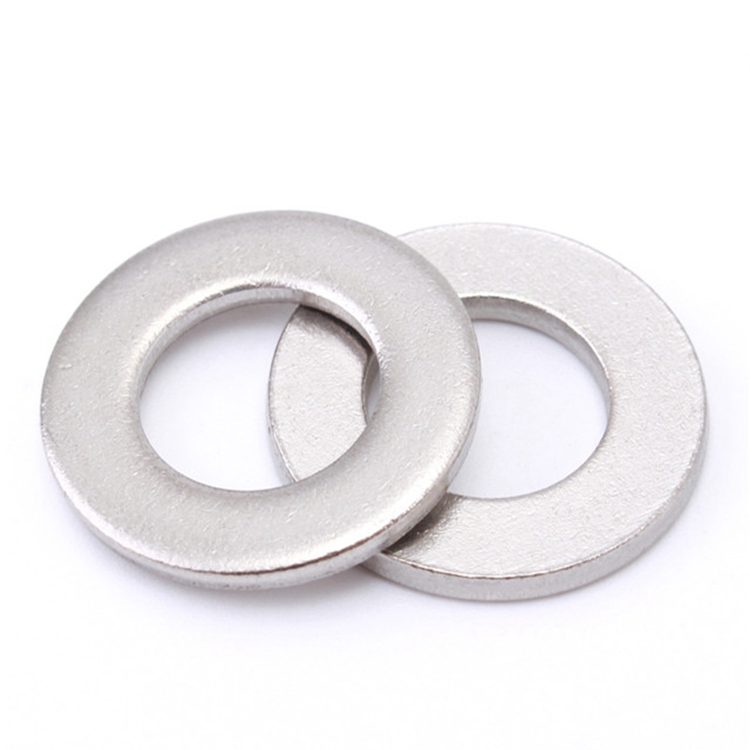best hdg hex bolts
Oct . 17, 2024 09:27 Back to list
best hdg hex bolts
Understanding the Significance of Best HDG Hex Bolts in Construction and Manufacturing
Hex bolts, often regarded as one of the cornerstone fasteners in construction and manufacturing, have seen an evolution over the years, particularly in their applications and materials. Among the various types of hex bolts available in the market, HDG (Hot-Dip Galvanized) hex bolts stand out for their unique properties and benefits, making them an ideal choice for many industries.
What are HDG Hex Bolts?
Hot-Dip Galvanized (HDG) hex bolts are carbon steel fasteners that have been coated in a layer of zinc through a process known as hot-dip galvanization. This process involves immersing cleaned steel components in molten zinc, allowing a metallurgical bond to form. The result is a corrosion-resistant surface that significantly extends the life of the bolts, making them particularly suited for outdoor and high-moisture environments.
The Importance of Corrosion Resistance
One of the greatest advantages of HDG hex bolts is their exceptional resistance to corrosion. In environments exposed to the elements, such as in construction projects near water bodies or in humid climates, traditional steel bolts can quickly deteriorate. Corrosion not only weakens the fasteners over time but can also jeopardize the integrity of the structure they are part of. HDG hex bolts, however, can withstand harsh weather conditions, ensuring that the structural components remain safe and secure for many years.
Applications Across Industries
best hdg hex bolts

The versatility of HDG hex bolts makes them suitable for a myriad of applications. In the construction industry, they are widely used in steel structures, bridges, power plants, and outdoor furniture. Their robust nature and ability to resist environmental stressors make them invaluable in these settings. In manufacturing, HDG hex bolts are often used in railways, vehicles, and equipment that are subject to varying degrees of exposure to harsh conditions.
Moreover, the offshore oil and gas sector frequently relies on HDG hex bolts for securing structures and machinery, where exposure to saltwater can lead to rapid deterioration of standard fasteners. The use of HDG bolts not only enhances safety but also reduces maintenance costs associated with frequent replacements due to rust and decay.
Choosing the Right HDG Hex Bolts
When selecting the best HDG hex bolts for a particular application, several factors must be considered. The size, thread type, and load-bearing capacity should align with the requirements of the project. Moreover, it is crucial to ensure that the bolts meet industry standards and specifications, such as ASTM A307 or ASTM A325, to guarantee their performance and reliability.
It is also essential to source HDG hex bolts from reputable suppliers who can provide detailed product specifications and certifications. This ensures that the fasteners not only meet high standards in terms of quality and durability but are also appropriately tested for their intended applications.
Conclusion
In summary, HDG hex bolts are an essential component in modern construction and manufacturing. Their corrosion resistance, robustness, and versatility make them the best choice for projects exposed to the elements. By understanding their properties and applications, engineers, architects, and manufacturers can make informed decisions that enhance the longevity and safety of their structures. The investment in quality HDG hex bolts ultimately leads to savings in maintenance costs and ensures the structural integrity of various projects for years to come.
Latest news
-
High-Quality Panel Stud Bolt Reliable Panel Stud Bolt Factory & Suppliers
NewsJul.08,2025
-
High-Precision Fine Thread Locknuts Manufacturer & Supplier Custom Solutions
NewsJul.08,2025
-
PH Imperial Stud Bolt – High Strength Fasteners from Leading Supplier & Factory
NewsJul.07,2025
-
High-Quality Allen Wrench Bolts Leading Factory, Company & Suppliers
NewsJul.07,2025
-
Wholesale Ball Stud Bolt - High Quality Supplier & Factory Price Reliable Wholesale Ball Stud Bolt Company
NewsJul.06,2025
-
High-Strength Alloy Bolts Manufacturer & Supplier Quality Alloy Fasteners Factory
NewsJul.06,2025
